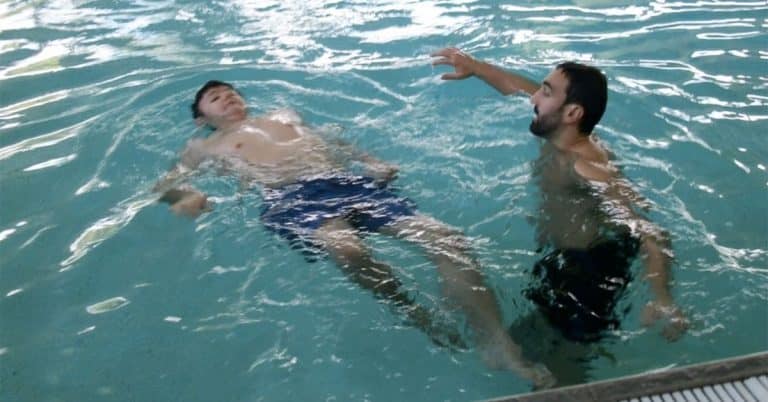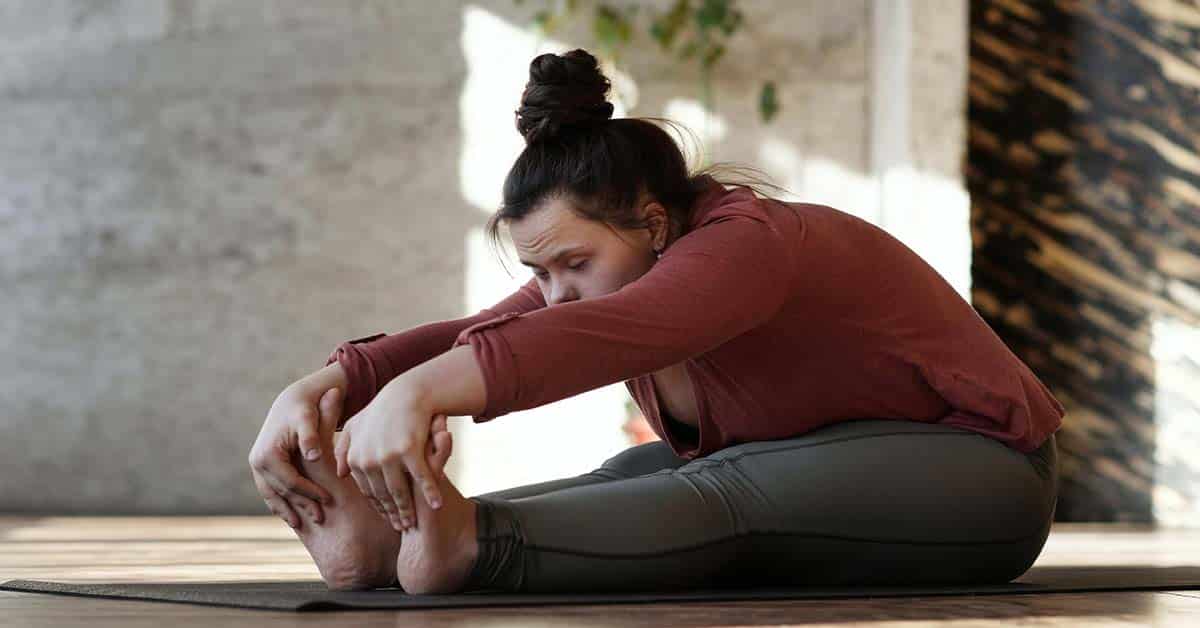Staying fit and active is an essential part of a healthy lifestyle. Not only does it make us feel good physically, mentally, and emotionally, but it can also improve our longevity and quality of life.
An Exercise in Habit Building
Let’s face it: exercise can be pretty dull or even downright unpleasant. One of the hardest parts about leading a healthy, active lifestyle is maintaining consistency. That’s why many fitness coaches and wellness guides will encourage you to find an exercise that you love and stick with it.
Fun, engaging activities are the secrets to success. It’s better to do 30 minutes to an hour of moderate activity every day than three super-intense hours at the gym once a week, for example. Consistency is key!
Habit building takes time, but after a while, it becomes easy, even automatic. At a certain point, moderate exercise will become part of the daily routine. Instead of it being a chore, it may be something that you enjoy doing: not just a task, but a lifestyle. It might even be the highlight of your day! So the trick is to find the thing—or things—that you enjoy and stick with them.
The Importance of Activity for Individuals with Developmental Disabilities
For adults with intellectual and developmental disabilities, an active lifestyle is especially beneficial. According to research, individuals with IDD have “significantly lower rates of physical activity than the general population.” Unfortunately, a sedentary lifestyle can make individuals with IDD vulnerable to medical complications and can contribute to obesity. Moreover, people with IDD are more likely to experience mental health issues and behavioral disorders, making endorphin-releasing exercise all the more important.
Exercise is a simple and cost-effective way to help individuals with IDD improve their mental, emotional, and physical health.

Something for Everyone
Exercise should, of course, be tailored to one’s specific interests, abilities, and strengths. While it’s good to push your boundaries, it’s also essential to know your limitations. Moderate habitual exercise engages the mind and body in strength-building while also promoting routine and socialization.
With summertime approaching, there are plenty of exercise opportunities in the great outdoors. This is great news, as winter (and the pandemic) have kept many people cooped up. In our “new normal,” group activities and team sports may not be the ideal form of exercise. However, there are still plenty of individual and small group activities that can do the trick.
For individuals with IDD, safe and organized outdoor activities (e.g. gardening) are a great way to keep people engaged while taking in fresh air and staying active. Walking and dancing are particularly effective to help keep legs strong and capable, and be sure to opt for activities that promote hand-eye coordination. .
With any activity you choose, remember to set goals, be patient, and most of all, have fun!
To learn more about ILA and how we can help, reach out today.

































































